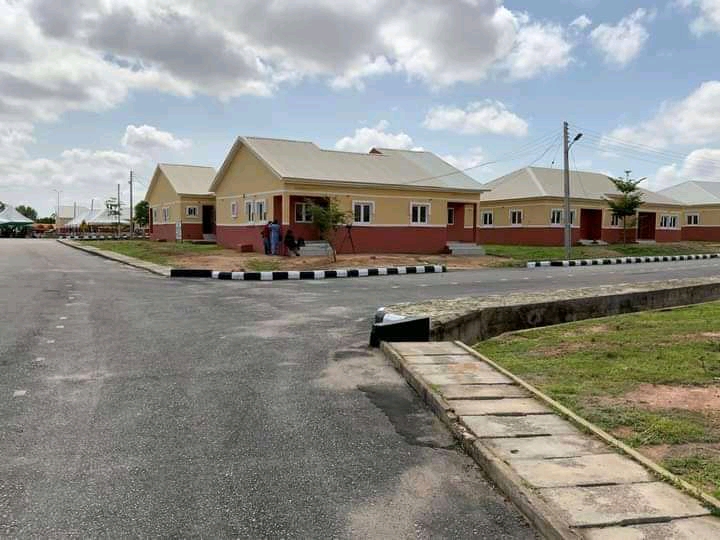Speakers at ‘The Lekki Roundtable’ 2022 conference, have warned that the real estate sector’s contribution to the nation’s gross domestic products (GDP) could be threatened as growth inhibitors like exchange rate volatility, Land Use Charge, conflicting regulation and high taxes are affecting their businesses.
They made the call at a symposium with the theme, “Current Trends for Financing Real Estate Transactions,” organised by the Church of God Mission as a corporate social responsibility vehicle to encourage more people to venture into real estate entrepreneurship within the Lekki axis.
Speaking at the event, which attracted industry professionals and government officials in the industry, and financial institutions like mortgage banks, the Chief Operations Officer of XTREME Mindz Solutions Limited, Mr. John Obasi maintained that the sector remains a safe avenue for anyone looking for secured ways to invest their money.
Obasi noted that as was stated by various speakers at the programme, Nigerian youth can participate in the real estate industry and grow their assets considering that the location remains a key investment destination.
“From all the speakers today, anyone can play in the industry with as low as N15, 000, which is a huge opportunity for many youths in the country to begin their career in the industry. With the knowledge acquired here anyone can use it and then begin as an entrepreneur in the industry,” he stated.
However, real estate players present at the event said that the industry thrives off the back of strong macro fundamentals like disposable income, interest rates, pricing and inflation noting that the sector grew from $3.81bn in 2017 to $7.48bn in 2021.
They maintained that the nation’s huge housing deficit, estimated at 17 million units presents a compelling business opportunity for the Nigerian real estate market.
Speaking, the founder of EXIMA Realty Co Limited, Mr. Hakeem Ogunniran said, “it is estimated that Nigeria needs two million housing units annually to meet the huge housing gap as the housing funding gap is estimated at $363 billion.”
He noted that Nigeria’s population, which is estimated at 200 million people, presents huge market opportunities adding that increasing urbanization rate further supports the huge market opportunities in the real estate sector.
According to him, “factors like supply chain challenges, limited local inputs, logistical problems associated with importation and capacity constraints – consultants, skilled artisans.
“Multiple Regulatory authorities, dealing with conflicting rules and directives, cumbersome approval process, limited access to long term funds, exchange rate volatilities and retail financing are still limited and unaffordable. Land Use Act – perfection of title Issues, unduly expensive stamp duties, assessment of income tax, re-certification and rules against individual perfection of title are hindering the industry.”
On his part, President PWAN Group, Dr. Jayne Onwumere opined that these challenges have always been there, “anybody interested in the industry must take them as they come and remain consistent and patient to make it.
“High asset conversion cycle rate, capital appreciation and high rate of return on equity continue to make Lekki peninsula a premium location. On the contrary, flooding, disputes and Litigation, high labour cost, and high intensity of regulation continues to bedevil the corridor.”
Source : This Day

































